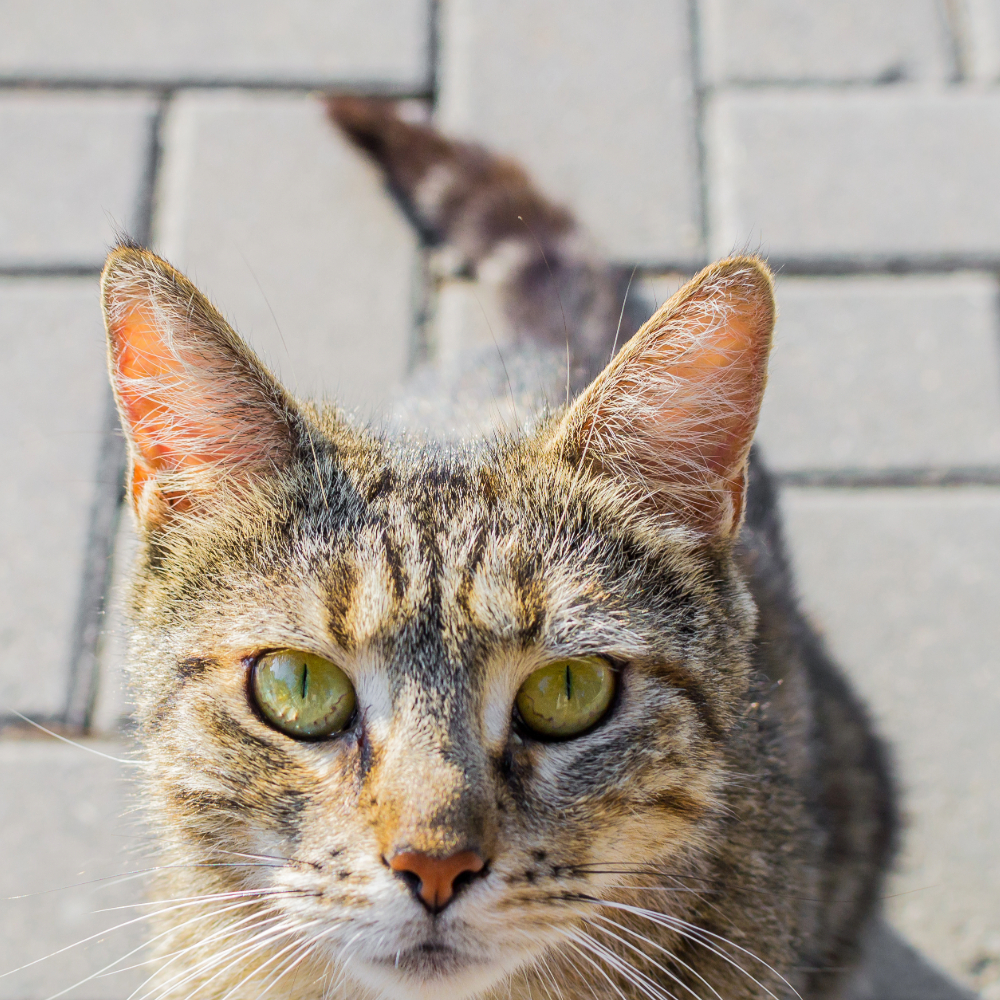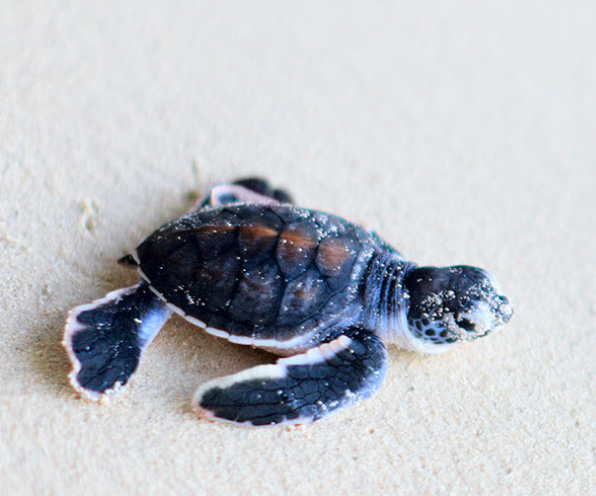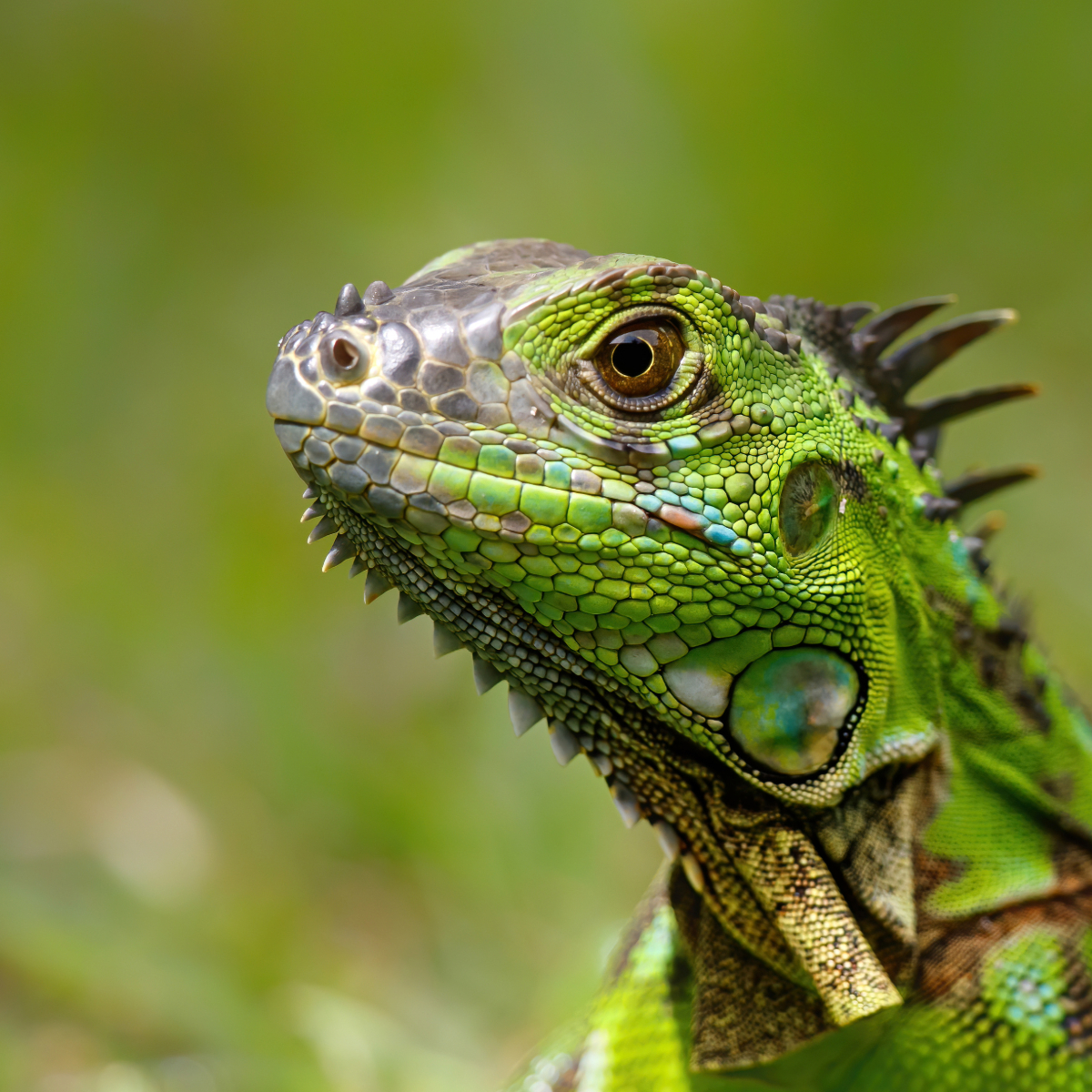Animal Care & Control
General Information
- Residents must dispose of all fecal matter generated by their pets on public or private property.
- Dog owners must keep their animals leashed at all times.
- Residents are limited to 10 domestic pets per household, including a maximum of four dogs (Ordinance number 2003-3404, § 3, 4-9-03).
- Pit bulls are prohibited in Miami Beach and their owners are subject to severe civil penalties.
- Farm animals of any kind are prohibited.
Dogs are prohibited from city beaches except for the designated Bark Beach at 80 and 81 streets. Please see “Bark Parks” for other public amenities where dogs are welcome. If you live in a covenant-restricted property (i.e., condo), you will need to check your bylaws for additional restrictions.
Pet Licenses/Tags 305.884.1101
License tags for dogs are mandatory. Miami-Dade County Animal Care and Control Division enforces animal control laws regarding annual rabies vaccinations, licensing requirements, cruelty cases, and dangerous dogs.
Report Off-Leash Dogs
If you see dogs off leash, dog owners failing to clean up after their animal, littering, or any trespassing in our dunes, contact the city’s Parking and Code Compliance Dispatch available 24/7 by calling 305.604.CITY (2489).
-
SobeCats
The City of Miami Beach partners with SoBe Cats Spay & Neuter, Inc. and Saving Sage Animal Rescue (volunteer-run nonprofits) to humanely manage our city’s community cat population via a three-pronged approach:
Trap Neuter Vaccinate Return (TNVR): We help facilitate TNVR events with area volunteer trappers for community cats that cannot be adopted. The Kitty Campus, Saving Sage Animal Rescue, Sobe Cats, Operation Paw and Miami-Dade Animal Services Mobile clinic are all partners that assist the city in these efforts.
Adoption: We spay/neuter and place friendly, adoptable kittens into our pawesome adoption program at the Kitty Campus so that we can find them a loving home and get them off the streets. Adoptable kitties have gone through a brief quarantine process where they are dewormed, vaccinated, given flea medication etc.
Registered Feeder Program: We help our community cats live humanely outside via our Registered Feeder Program. Our feeders are an integral part of the TNVR program as they not only feed and provide fresh water to the cats, but they also help monitor cat colonies. Feeders follow best practices to educate on TNVR options and techniques so we can ensure the cat gets fixed and is vaccinated.
Click here for information on the Miami Beach Community Cat Program.
-
Sea Turtles
The City of Miami Beach is a nesting habitat for three species of protected sea turtles: Loggerhead, Green, and Leatherback. Nesting season in Miami Beach runs from April 1 –October 31. The City of Miami Beach has adopted a Turtle Nesting Protection Ordinance to minimize the impact of artificial lighting on hatchlings and nesting sea turtles and thereby protect the endangered species which frequently visit its beaches. Learn more
-
Iguanas
Iguanas are considered an invasive species in the state of Florida. Without natural predators, these animals have been able to multiply in record numbers — causing significant damage along the entire Florida coastline. Iguanas are a regional concern regulated by Florida’s Fish and Wildlife Conservation Commission.
To further enhance remediation efforts, the City of Miami Beach has hired several iguana removal contractors to service public property, including parks, greenspaces, and near waterways, seven days a week in South, Mid, and North Beach areas. Vendors will be posting signage in the vicinity of their work.
Please follow the recommendations provided below to help deter green iguanas from private properties.


